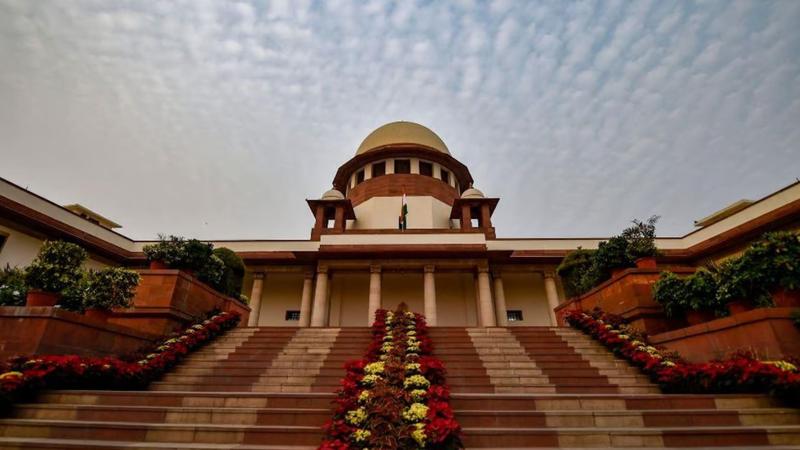Published 16:48 IST, July 10th 2024
Supreme Court Calls for Recognition of Homemakers' ‘Indispensable Role’ in Family Dynamics
"The time has come for Indian men to recognize the indispensable role played by homemakers and the sacrifices they make for the family," said the SC.

SC पहुंची बंगाल सरकार | Image:
PTI
- Listen to this article
- 2 min read
Advertisement
15:55 IST, July 10th 2024




